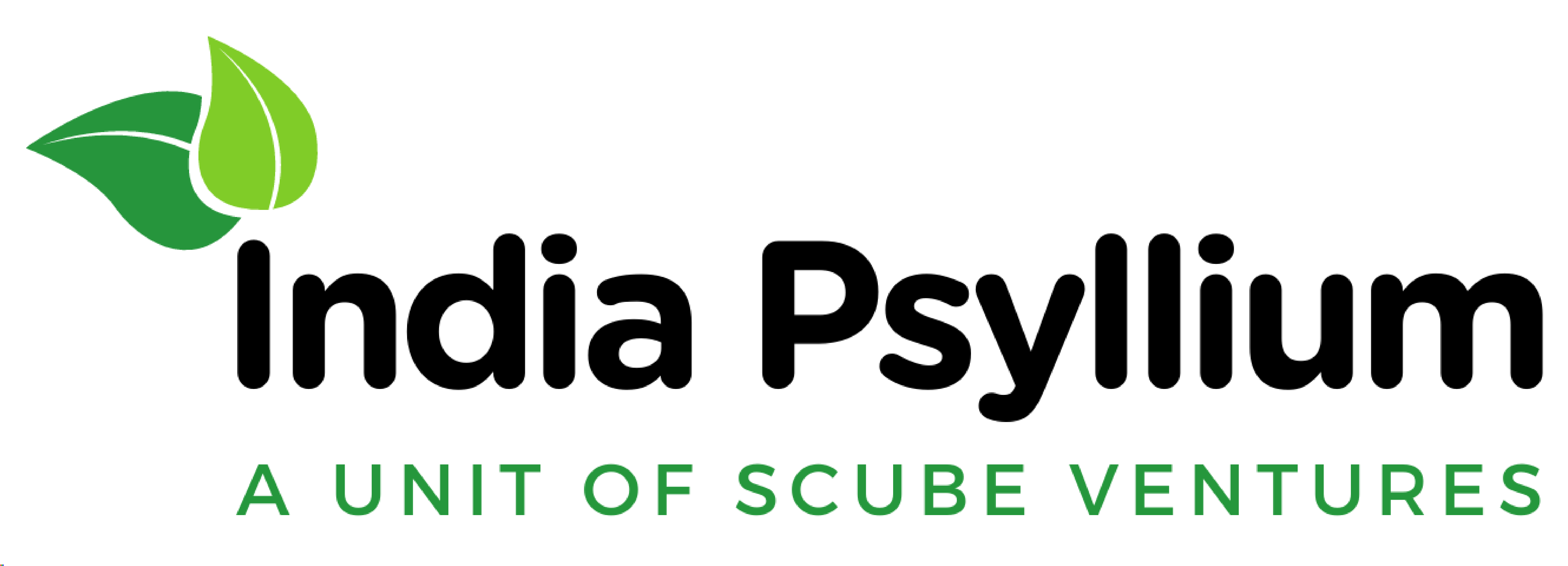Psyllium vs. Synthetic Laxatives: A Safer Natural Alternative
Digestive health is one of the most important yet often overlooked aspects of overall wellness. Millions of people worldwide struggle with constipation, irregular bowel movements, and related discomforts. To address these issues, many turn to laxatives—but not all laxatives are created equal.
On one hand, there are synthetic (chemical-based) laxatives, widely available over the counter. On the other hand, there is psyllium husk, a natural, plant-derived fiber with clinically proven benefits. While both can provide relief, the long-term effects, safety profile, and overall health impact differ significantly. This blog explores how psyllium compares to synthetic laxatives and why it is considered a safer, more sustainable choice for digestive wellness.
🌱 What is Psyllium?
- 100% plant-based and gluten-free
- Works by absorbing water and increasing stool bulk
- Safe for long-term daily use
- Provides additional health benefits beyond constipation relief
India Psyllium is the largest producer and Best Psyllium Exporter, supplying more than 80% of the global market.
💊 What are Synthetic Laxatives?
- Stimulant Laxatives (e.g., bisacodyl, senna) – Stimulate intestinal muscles to force bowel movements.
- Osmotic Laxatives (e.g., polyethylene glycol, lactulose) – Draw water into the intestines to soften stool.
- Lubricant Laxatives (e.g., mineral oil) – Coat stool to make passage easier.
- Saline Laxatives (e.g., magnesium hydroxide) – Act quickly by pulling water into the gut.
While effective for short-term relief, long-term use can be problematic.
⚖️ Psyllium vs. Synthetic Laxatives
| Aspect | Psyllium (Natural Fiber) | Synthetic Laxatives |
|---|---|---|
| Source | Plant-based (Plantago ovata) | Chemically manufactured |
| Mode of Action | Absorbs water, forms gel, softens stool naturally | Forces bowel movements via chemical stimulation |
| Onset of Action | Gradual (12–24 hours) | Rapid (within hours) |
| Long-term Safety | Safe for daily use | Risk of dependency and tolerance |
| Side Effects | Minimal (gas, bloating if water intake is low) | Cramping, diarrhea, electrolyte imbalance |
| Additional Benefits | Lowers cholesterol, regulates blood sugar, aids weight management | Limited to constipation relief only |
| Suitability | For chronic constipation, IBS, diabetes, heart health | For occasional constipation, short-term use |
🌟 Why Psyllium is a Safer Alternative
- Non-Habit Forming: Does not cause dependency; strengthens natural bowel function.
- Supports Holistic Digestive Health: Acts as a prebiotic, reduces bloating, improves stool consistency.
- Additional Health Benefits: Helps manage blood sugar, lowers LDL cholesterol, promotes satiety.
- Gentle and Sustainable Relief: Works with the body’s physiology, avoiding cramps or dehydration.
- Safe for Long-Term Use: Recommended for IBS, chronic constipation, diabetes, or cardiovascular risk patients.
⚠️ The Risks of Overusing Synthetic Laxatives
- Dependency: Intestines become reliant on chemical stimulation.
- Electrolyte Imbalances: Loss of essential salts like potassium and sodium.
- Dehydration: Excessive water loss due to diarrhea.
- Damage to Colon Health: Chronic use can weaken bowel muscles and nerves.
This is why synthetic laxatives are usually recommended for short-term or occasional use only, while psyllium is safe for continuous use.
🥗 How to Incorporate Psyllium Safely
- Start small: 1 teaspoon of psyllium husk in a glass of water, once daily.
- Increase gradually: Up to 2–3 teaspoons daily as needed.
- Hydration is key: Always drink plenty of water with psyllium.
- Flexible formats: Husk, powder, capsules, or added to smoothies, protein shakes, and baked goods.
🌍 Psyllium in the Global Digestive Health Market
The global digestive health supplements market is expected to reach USD 70+ billion by 2030. Psyllium’s versatility makes it popular in pharmaceutical formulations for IBS and constipation, nutraceuticals like gut health supplements, and functional foods such as fiber-fortified cereals, breads, and beverages.
As the world’s top exporter, India Psyllium supplies husk and seeds to major nutraceutical, pharmaceutical, and food brands worldwide.
✅ Key Takeaways
- Psyllium is a natural, safe, plant-based alternative to synthetic laxatives.
- Provides gentle, sustainable relief without causing dependency.
- Supports blood sugar, cholesterol, weight management, and gut microbiome health.
- Synthetic laxatives should only be used occasionally; psyllium is ideal for long-term digestive wellness programs.
For inquiries, visit our contact page.



